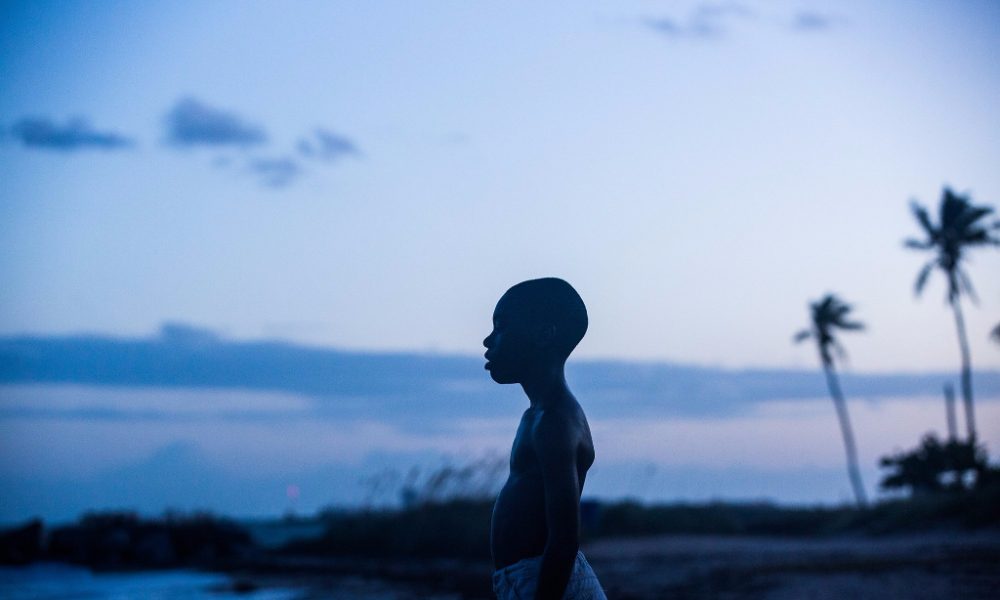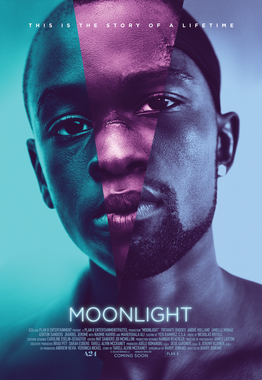Moonlight

The surprise winner of the Best Picture award at the Golden Globes has gathered nothing but acclaim so far, and it is hailed as a strong contender for the Oscars. Delving into a number of complex themes, director Barry Jenkins shows great sensitivity as he remoulds Tarell Alvin’s stage play In Moonlight Black Boys Look Blue, and the remarkable cast allows Jenkins to express the touching story in all its nuances.
The film is divided into three chapters, following a man’s journey from boyhood to manhood. The first part of the narrative sees Chiron, nicknamed Little due to his small frame, as a ten-year-old boy living in a rough neighbourhood with his mother, a drug addict who can barely take care of him. A chance meeting with Juan, a kind-hearted drug dealer, gives Chiron some respite from his peers’ bullying. Juan’s honesty and listening ear allow the fatherless boy a small window for introspection, and he begins to understand and come to terms with his disadvantaged position in the world.
Before Chiron is even aware of his sexual tendencies, his mother and classmates make their own assumptions and voice them in indelicate ways. When he reaches adolescence the bullying intensifies, until he eventually reaches a breaking point. Chiron is then shown as an adult, with another nickname and a new persona designed to protect him from judgement and make him fit in. The beauty of the final vignette is that the fragility, disappointments and anxieties of the little boy are still discernible in subtle but very impactful ways.
Moonlight’s greatest achievement is its treatment of feelings. Not only is the protagonist’s emotional experience intensely palpable and easy to sympathise with, but there is a whole network of emotive communication between the characters surrounding him that speaks clearer than any of the dialogues and makes the overall mood truly affecting. The three actors playing Chiron maintain the same quality of wonder, fear and vulnerability, and this continuity is what makes the movie. There are also excellent supporting performances by the rest of the cast, most notably Mahershala Ali as Juan.
The camera work has a significant impact as it tries to surprise and move away from clichés by resorting to unexpected perspectives. The film may become a victim of the many labels it can fall under, but while it does involve drugs, homosexuality, and violence in African-American communities, Moonlight is a picture that goes beyond stereotypes. It is a very intimate portrait of a man whose silences and tentative approach to the world outside define the story more than any of the themes listed. Ultimately, this is a movie to be experienced, not categorised.
Mersa Auda
Moonlight is released nationwide on 17th February 2017.
Watch the trailer for Moonlight here:
























Facebook
Twitter
Instagram
YouTube
RSS